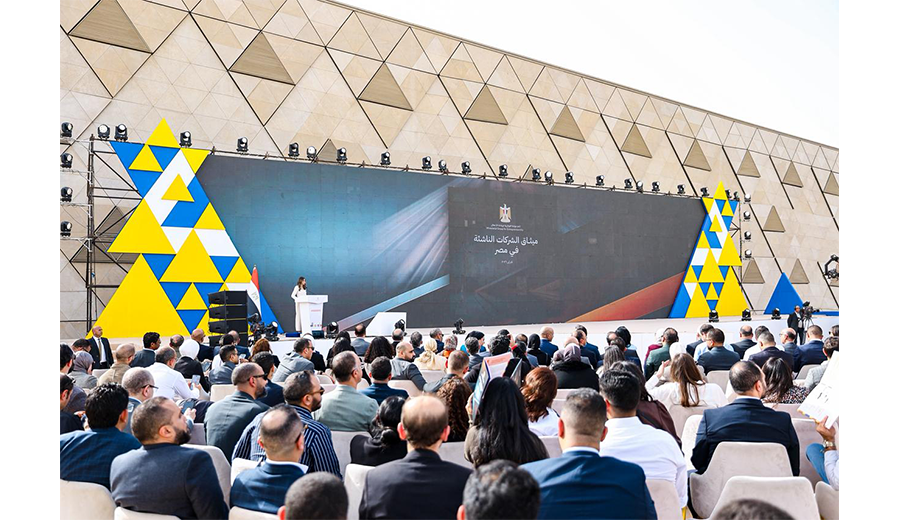Planning, Health Ministers Discuss Health Ministry's Investment Plan for FY 2024/2025

25 March 2024
H.E. Dr. Hala El Said, Minister of Planning and Economic Development, met with Dr. Khaled Abdel Ghaffar, Minister of Health and Population, to discuss the investment plan for the Ministry of Health in the upcoming fiscal year 2024/2025. Joining from the Ministry of Planning were Dr. Ahmed Kamali, Deputy Minister, Dr. Jameel Helmi, Assistant Minister for Sustainable Development Plan Affairs, Kamal Nasr, Assistant Minister for Technical Office Affairs, Dr. Mohamed El Maghraby, Supervisor of the Human and Social Development Sector, and Ismail Youssef, Supervisor of Plan Preparation and Monitoring Sector. From the Ministry of Health, attendees included Dr. Anwar Ismail, Assistant Minister for National Projects, Dr. Mohamed Abdel Wahab, Head of Minister's Office Sector and Supervisor of Financial and Administrative Affairs, Dr. Mohamed Nouh, Director General of Planning and Monitoring Department, and Dr. Mohamed Abdel Maqsoud, Minister's Assistant for General Secretariat Affairs.
During the meeting, Dr. Hala El Said emphasized the prioritization of the health and education sectors in the upcoming fiscal year's plan, underlining the importance of sustaining investments to maintain and enhance accessibility indicators and improve the quality of services provided by existing hospitals. Additionally, she highlighted plans to introduce investment incentives to increase the private sector's contribution to healthcare services to 50% by 2030 and ensure the availability of medical personnel for hospitals and health units.
El Said reiterated that improving citizens' health is a fundamental human right, aligned with the principles of the national strategy for human rights. She affirmed the significance of comprehensive healthcare in building a robust society, ensuring coverage for all citizens, and bridging developmental gaps to enhance living standards.









